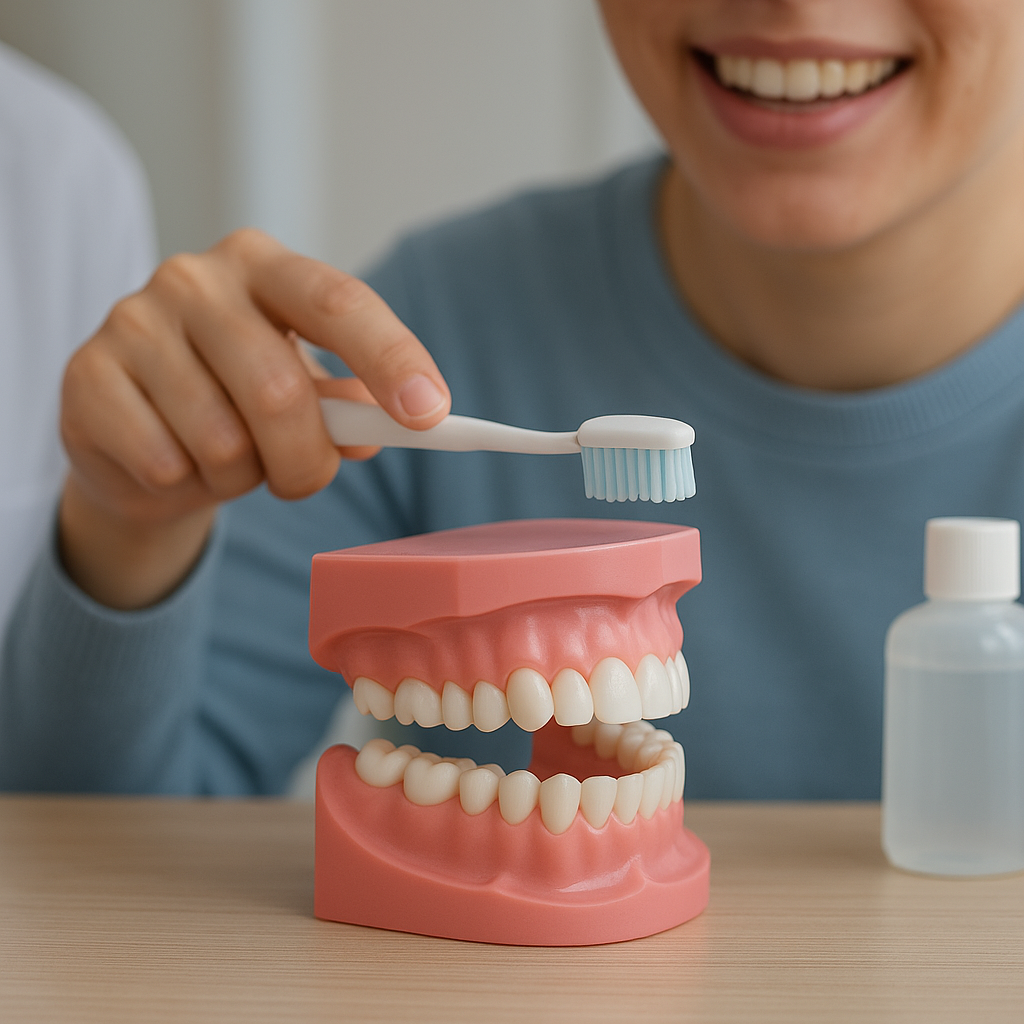The oral microbiome plays a crucial role in maintaining overall health, influencing not only dental conditions but also systemic diseases. Recent research has shed light on the complex interactions between oral bacteria and the human body, revealing how these microorganisms can affect various health outcomes. This article delves into the latest updates on oral microbiome research and its significant impact on health, exploring the implications for dentistry and general well-being.
Understanding the Oral Microbiome
The oral microbiome consists of a diverse community of microorganisms, including bacteria, viruses, fungi, and protozoa, that inhabit the oral cavity. This complex ecosystem is essential for maintaining oral health, as it helps in the digestion of food, the prevention of pathogenic infections, and the regulation of immune responses. The balance of these microorganisms is vital; an imbalance, known as dysbiosis, can lead to various oral diseases, such as dental caries and periodontal disease.
Recent studies have shown that the composition of the oral microbiome can vary significantly among individuals, influenced by factors such as diet, hygiene practices, genetics, and environmental exposures. For instance, a diet high in sugars can promote the growth of cariogenic bacteria, leading to an increased risk of cavities. Conversely, a diet rich in fruits, vegetables, and probiotics can support a healthy microbiome, reducing the likelihood of oral diseases.
The Role of Oral Microbiome in Systemic Health
Emerging research has highlighted the connection between the oral microbiome and systemic health. Studies have found associations between oral dysbiosis and various systemic conditions, including cardiovascular disease, diabetes, and respiratory infections. The mechanisms behind these associations are still being explored, but several hypotheses have been proposed.
- Inflammation: Oral bacteria can enter the bloodstream through inflamed gums, leading to systemic inflammation. This inflammation is a known risk factor for many chronic diseases.
- Immune Response: The oral microbiome can influence the immune system’s response, potentially affecting how the body reacts to infections and diseases.
- Metabolic Effects: Certain oral bacteria may produce metabolites that can impact metabolic processes, contributing to conditions like obesity and diabetes.
For example, studies have shown that individuals with periodontal disease are at a higher risk of developing cardiovascular disease. The bacteria associated with gum disease can enter the bloodstream, leading to the formation of arterial plaques and increasing the risk of heart attacks and strokes. Similarly, the link between oral health and diabetes is well-documented, with poor oral hygiene potentially exacerbating insulin resistance.
Recent Advances in Oral Microbiome Research
Advancements in technology have significantly propelled oral microbiome research forward. High-throughput sequencing techniques, such as metagenomics, allow researchers to analyze the genetic material of microbial communities in the oral cavity, providing insights into their composition and function. These techniques have revealed previously unknown bacterial species and their potential roles in health and disease.
One notable area of research is the development of probiotics specifically designed to promote oral health. These beneficial bacteria can help restore balance to the oral microbiome, potentially preventing or treating oral diseases. Clinical trials are underway to assess the efficacy of various probiotic strains in reducing dental caries and periodontal disease.
Personalized Dentistry and the Microbiome
The growing understanding of the oral microbiome is paving the way for personalized dentistry. By analyzing an individual’s oral microbiome, dental professionals can tailor preventive and therapeutic strategies to meet specific needs. For instance, patients with a high abundance of cariogenic bacteria may benefit from targeted interventions, such as fluoride treatments or dietary modifications.
- Microbiome Testing: Some dental practices are beginning to offer microbiome testing, allowing patients to gain insights into their oral health and make informed decisions about their care.
- Customized Oral Care Products: The development of oral care products that target specific microbial populations is on the rise, providing patients with tools to maintain a healthy microbiome.
- Education and Awareness: As research continues to evolve, educating patients about the importance of the oral microbiome and its impact on overall health will be crucial in promoting better oral hygiene practices.
Furthermore, the integration of microbiome research into dental education is essential for preparing future dentists to understand and address the complexities of oral health. By equipping dental professionals with knowledge about the microbiome, they can better serve their patients and contribute to improved health outcomes.
Conclusion
The ongoing research into the oral microbiome is revolutionizing our understanding of oral and systemic health. As we uncover the intricate relationships between oral bacteria and various health conditions, it becomes increasingly clear that maintaining a balanced oral microbiome is essential for overall well-being. The implications for dentistry are profound, as personalized approaches to oral care become more feasible and effective.
As we move forward, continued collaboration between researchers, dental professionals, and patients will be vital in harnessing the potential of oral microbiome research. By prioritizing oral health and understanding its broader implications, we can work towards a healthier future for individuals and communities alike.




